In our series of interviews with Vice-Presidents of CEJA – the European Council of Young Farmers – this month we speak to Radek Nienartowicz from Poland.
MF: How did you become involved in farming, and what type of farming are you involved in now?
RN: It started at the age of 7 in 1991 when my parents bought their farm. Nowadays, I’m lucky enough to have my own farm but I still work in a partnership with my parents. In total, we produce cereals on around 150 ha.
MF: What drew you to the young farmers’ movement and why is it important?
RN: I got involved with the movement five years ago. As true then as it is today, the most important thing for me has been the opportunity to influence the law-making process.
MF: How long have you been involved with CEJA and what does your current role as CEJA Vice-President entail?
RN: My activity at CEJA began three years ago. Nowadays, my most important task is to represent the interests of young farmers in the EU but to do so I first need to listen carefully to their voice.
MF: As CEJA Vice-President what would you like to achieve?
RN: An increase in the number of young farmers as a result of the actions we have taken such as those related to land and credits as well as those connected to the other issues where we have played our part.
MF: CEJA involves young farmers from different countries all over Europe. Do you all face the same issues in farming today, and what is the biggest challenge for European young farmers at the moment?
RN: Agriculture is diverse by nature, not only in Europe but also at the level of Members. This is because of the differences in climate and hence the different kinds of activity, as well as differences in the laws of individual states. Despite this, the most vital problems of young farmers such as like access to land and credit – both major barriers to entry - remain common across the European Union.
MF: What role do young farmers in particular play in the agricultural industry?
RN: It is obvious that young people are the future. At the same time, they are more open to new technologies and investments and better able to understand global changes and adapting to them.
MF: How do you see the next few years panning out for agriculture in the EU?
RN: It is difficult to predict the future but I believe that the actions taken now by CEJA will improve the situation of young farmers and agriculture in general.
MF: What does the future for young farmers look like?
RN: The rapidly approaching revamp of the CAP opens up a lot of opportunities from which young farmers can really benefit. The fact the agricultural policy is open to development and investment makes it more vulnerable to market changes.
MF: When you are no longer a young farmer, what would you like to look back on and say that you have achieved as a young farmer?
RN: I hope I’ll be able to say that I used all the chances and opportunities presented to me. I’d also like to be able to conclude that I made the right choice in devoting my life to dealing with agricultural issues.
MF: What advice would you give an aspiring young farmer who is looking to enter the agricultural sector?
RN: Work hard and make only wise investments. It’s key to the sector and its continued growth.
MF: If you could give one message to the public about agriculture and young farmers, what would you say?
RN: Working on the farm is not as easy as it seems to people viewing from the outside. To achieve something you have to devote a lot of time and work to ensure the greater good of the sector and of Europe.
If you would like to get in touch with Radek Nienartowicz, email allusers@ceja.eu
Go to: Massey Ferguson Global Facebook page
Go to: CEJA Young Farmers Facebook page


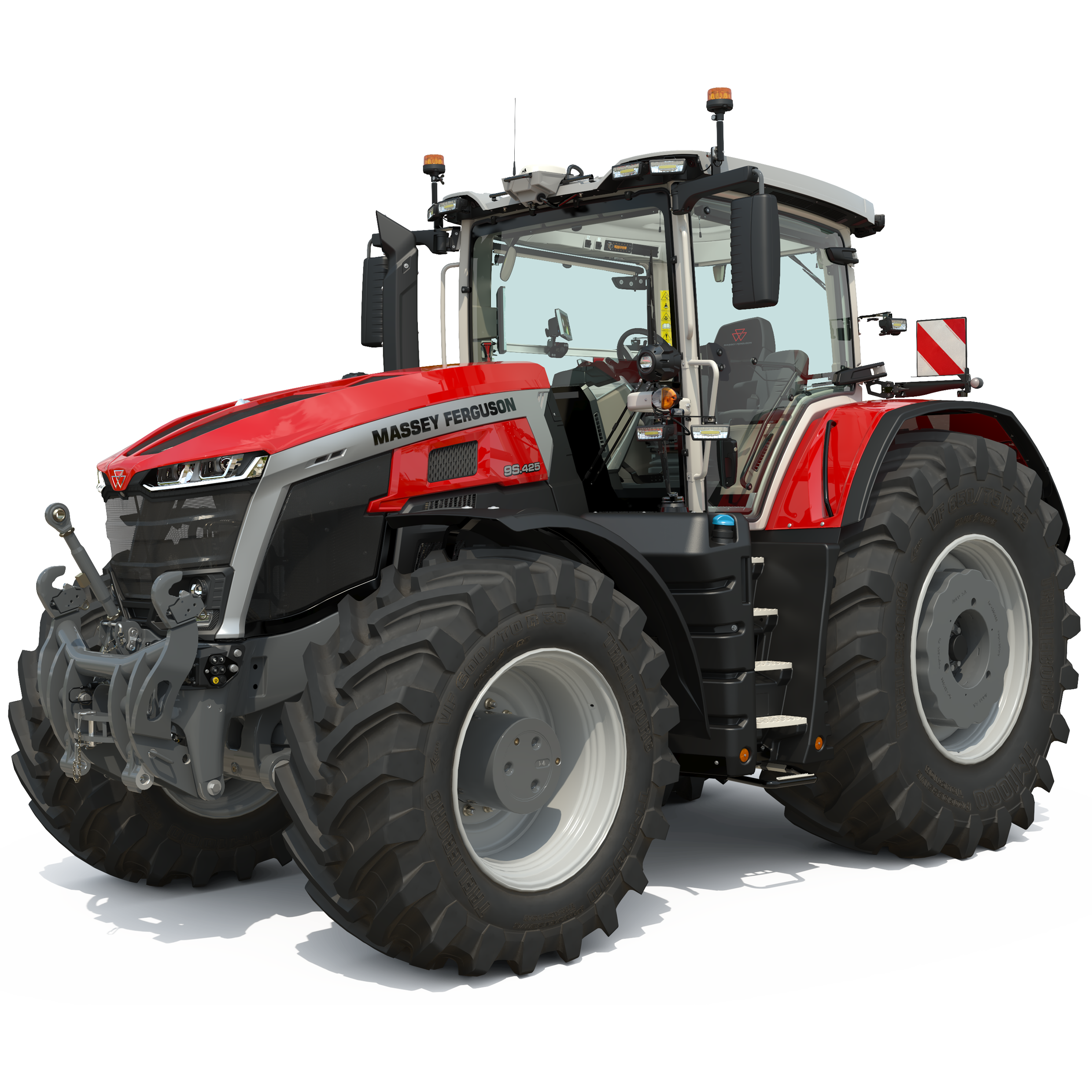
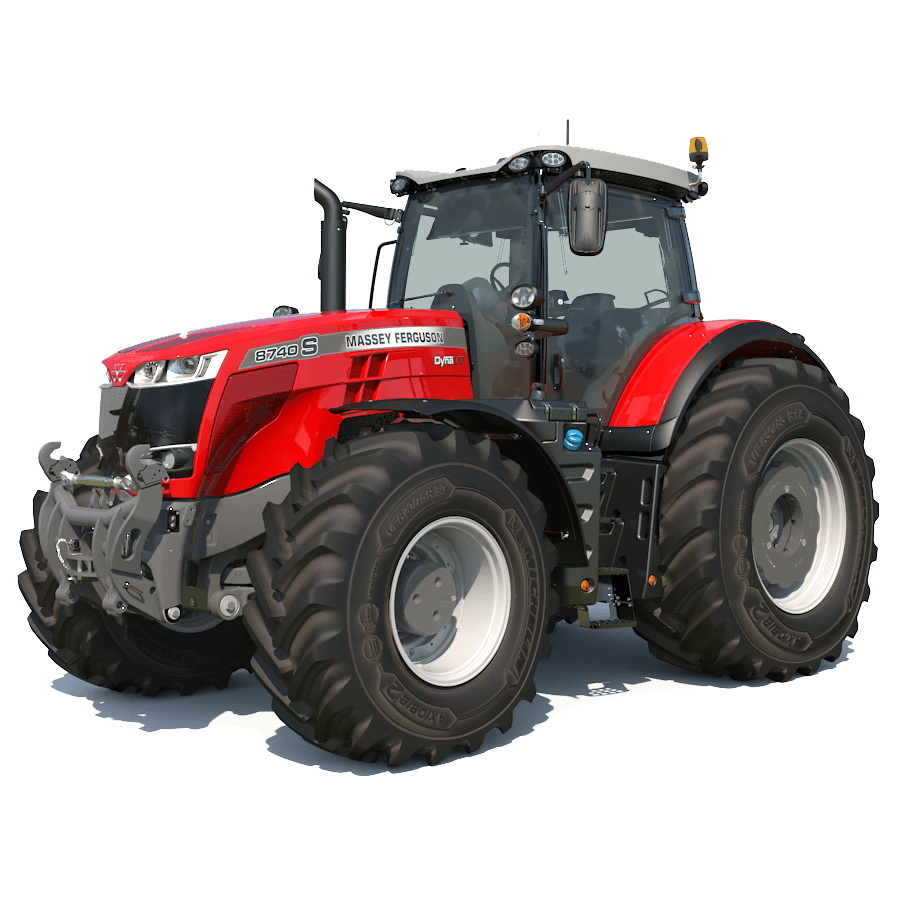
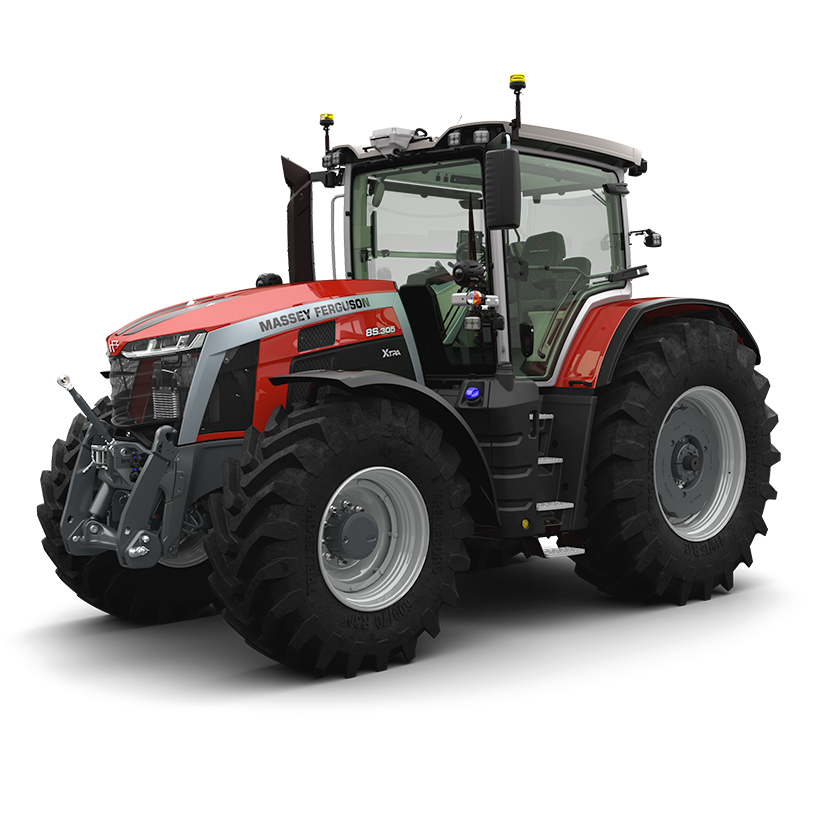
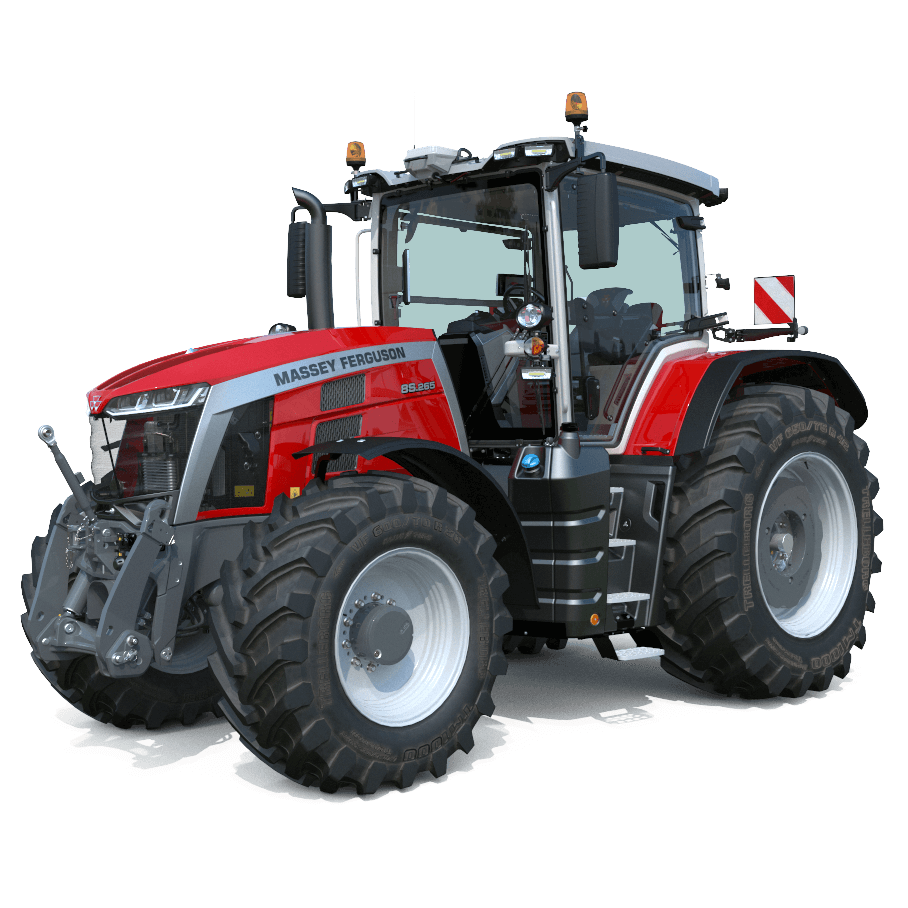
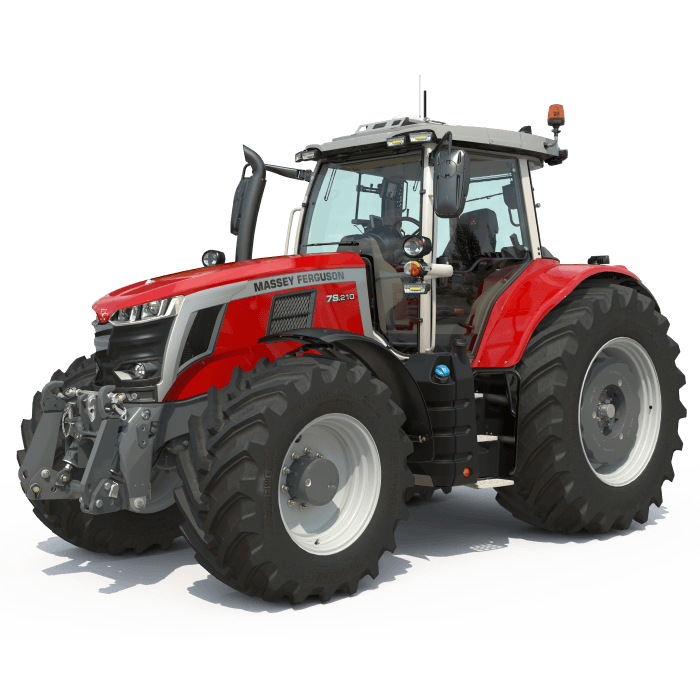
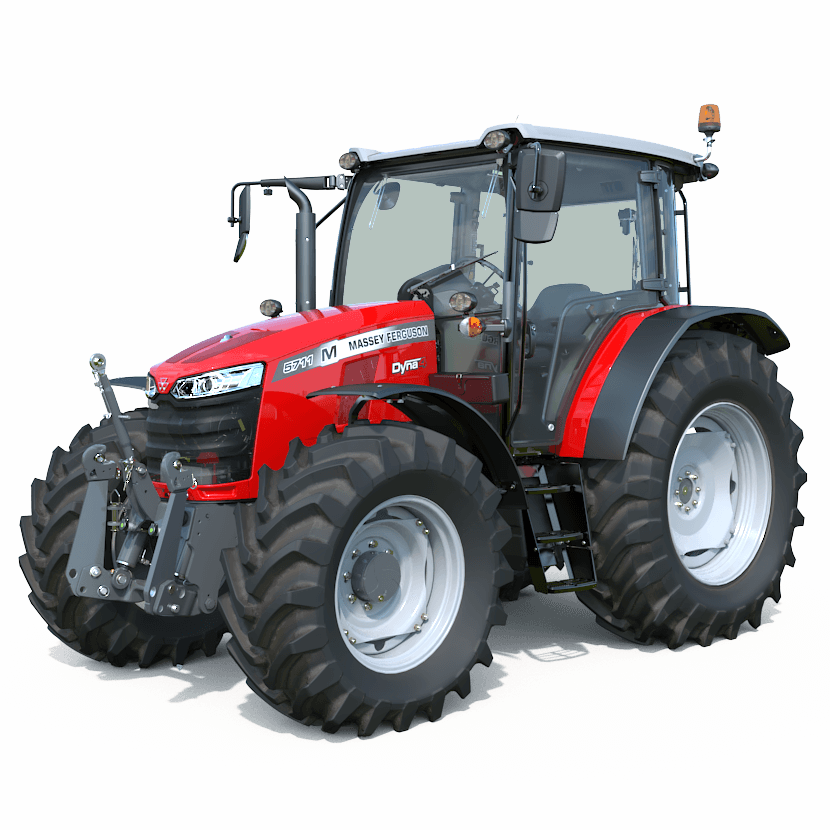









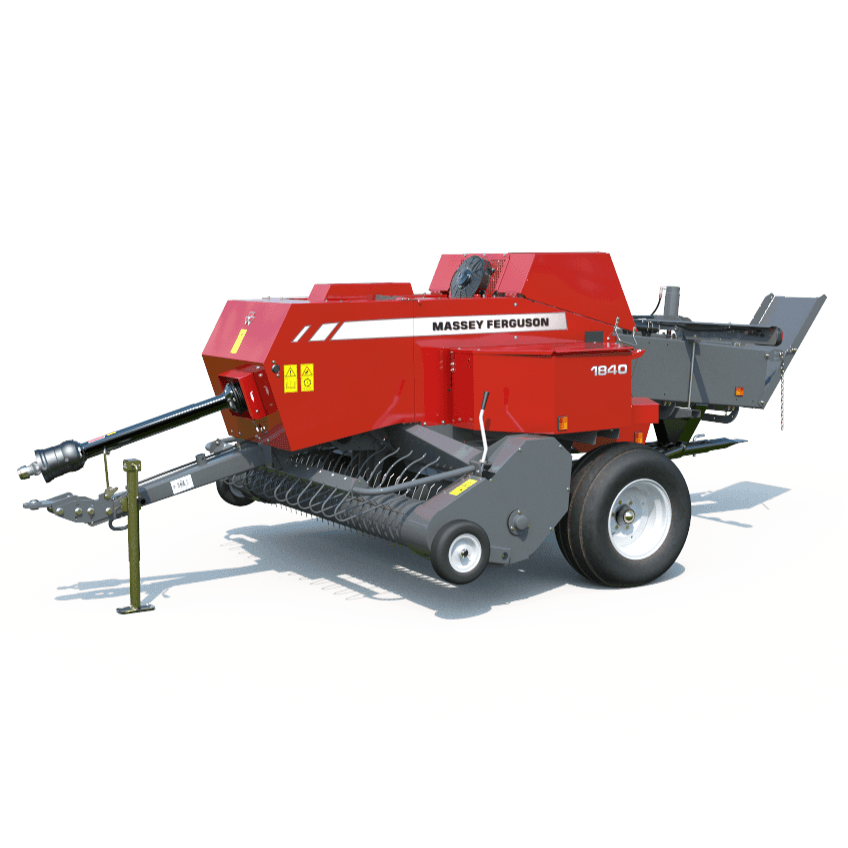
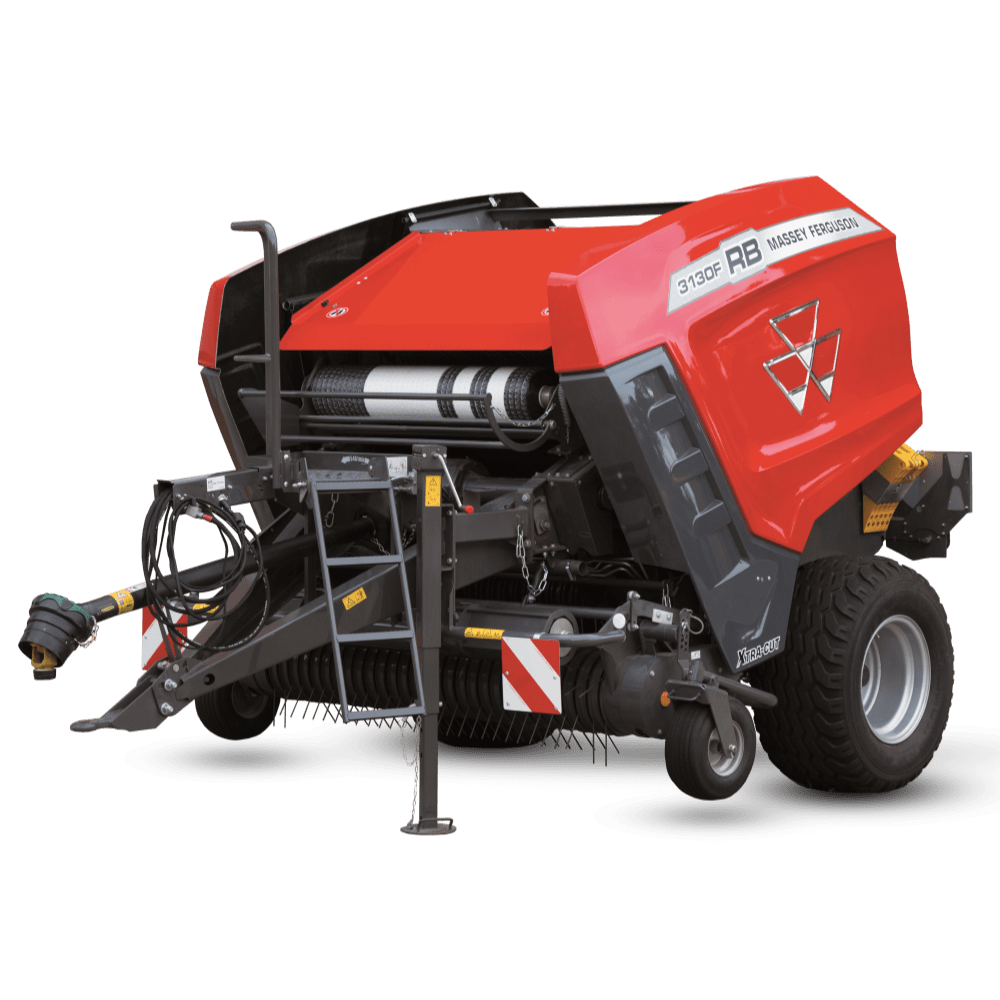
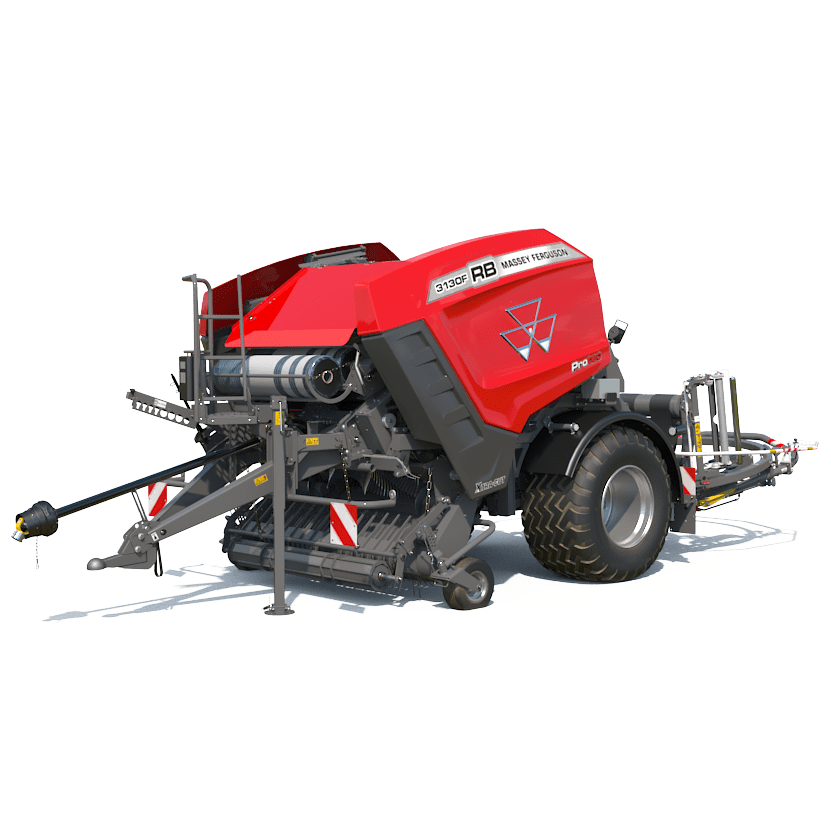
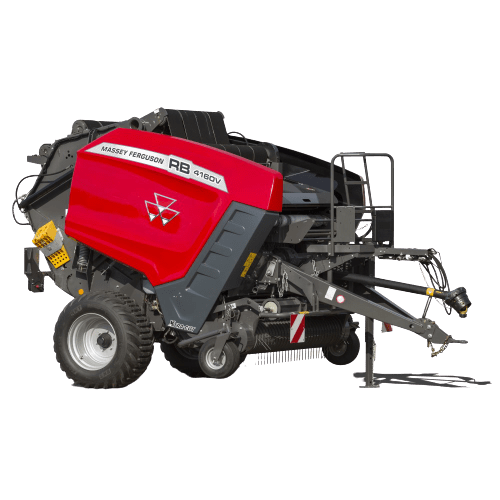
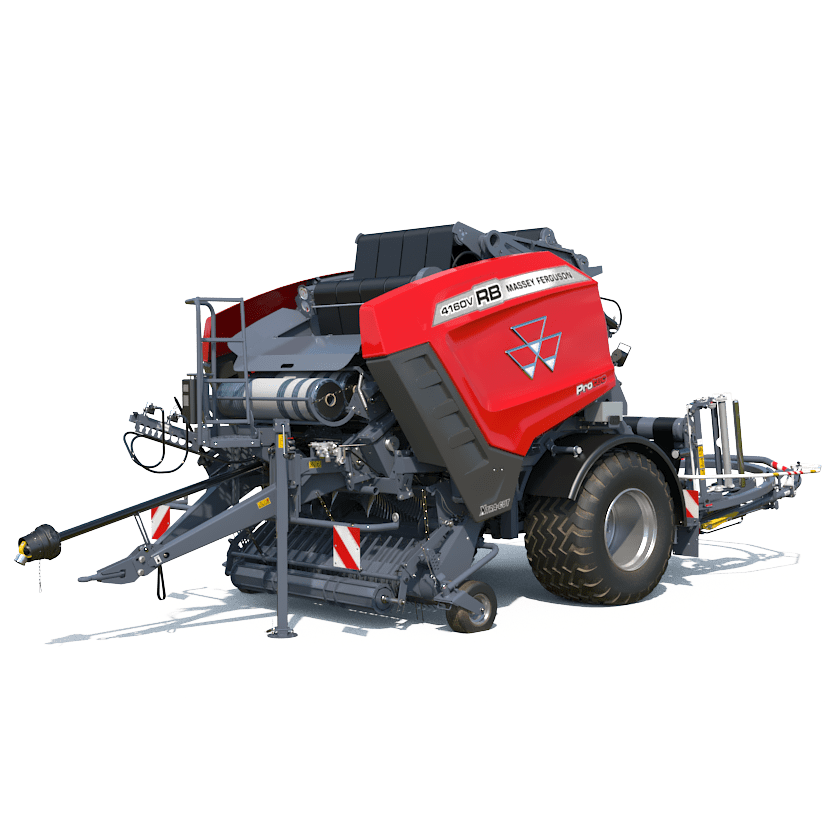

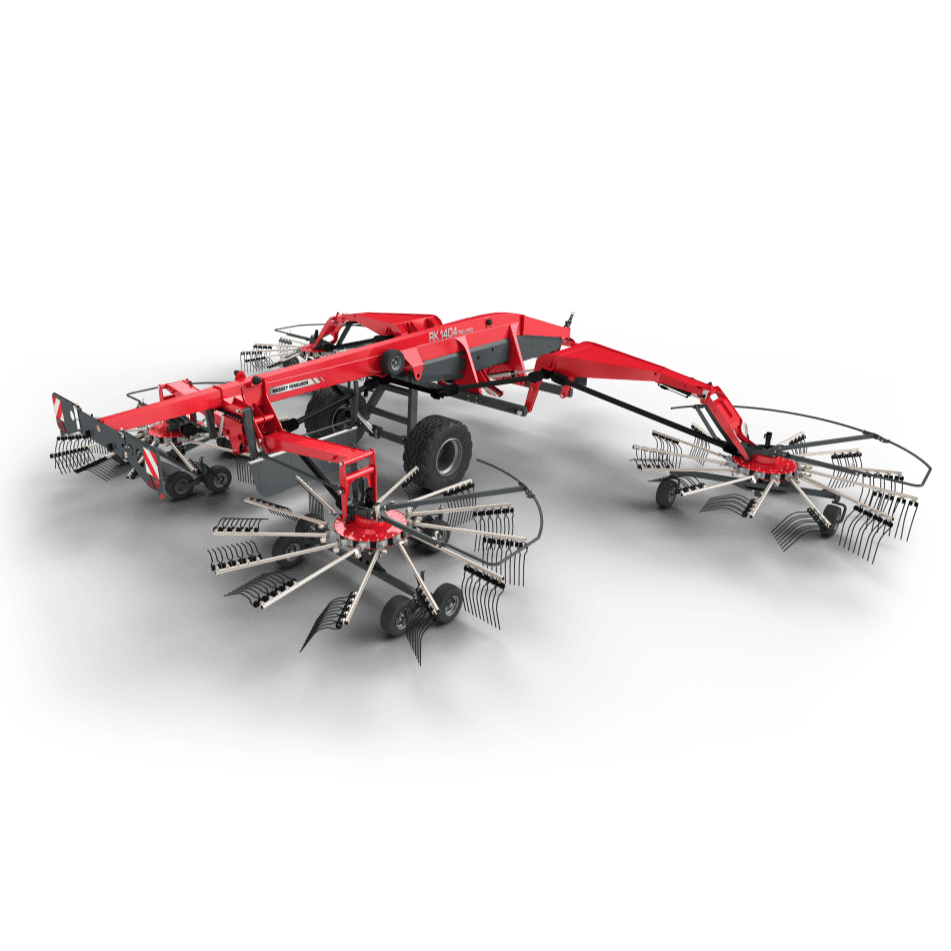
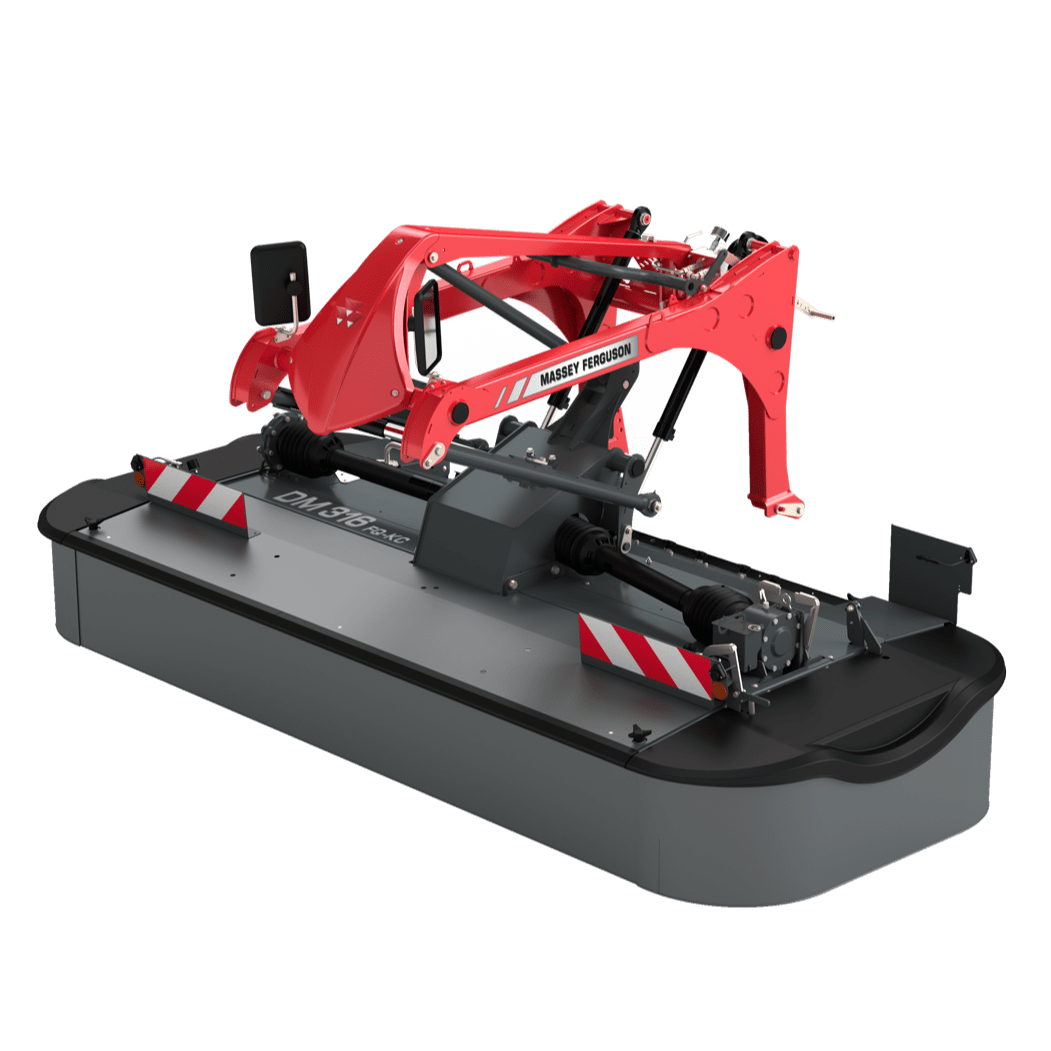
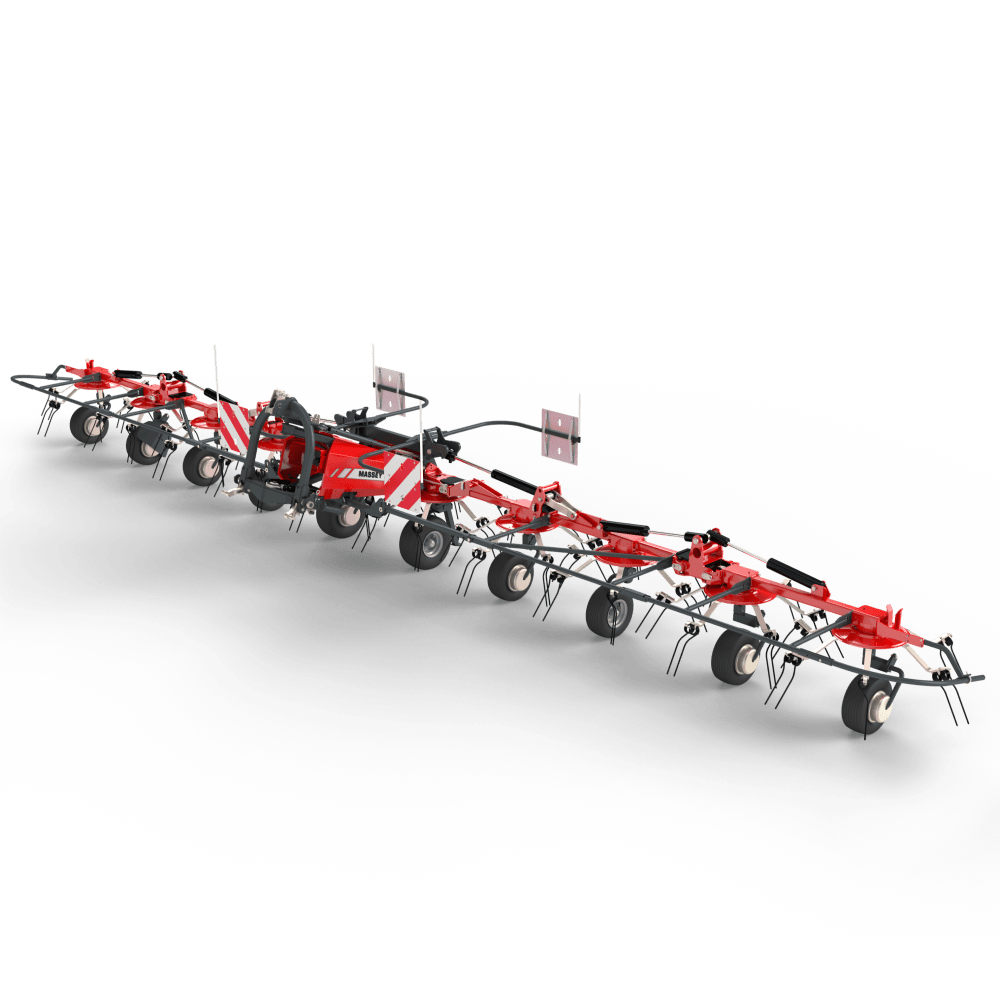

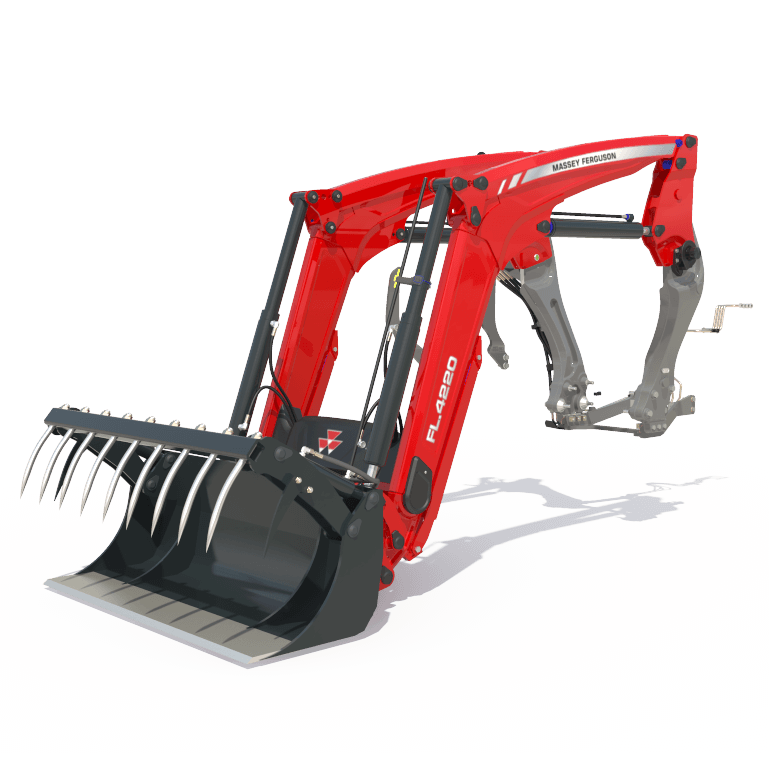
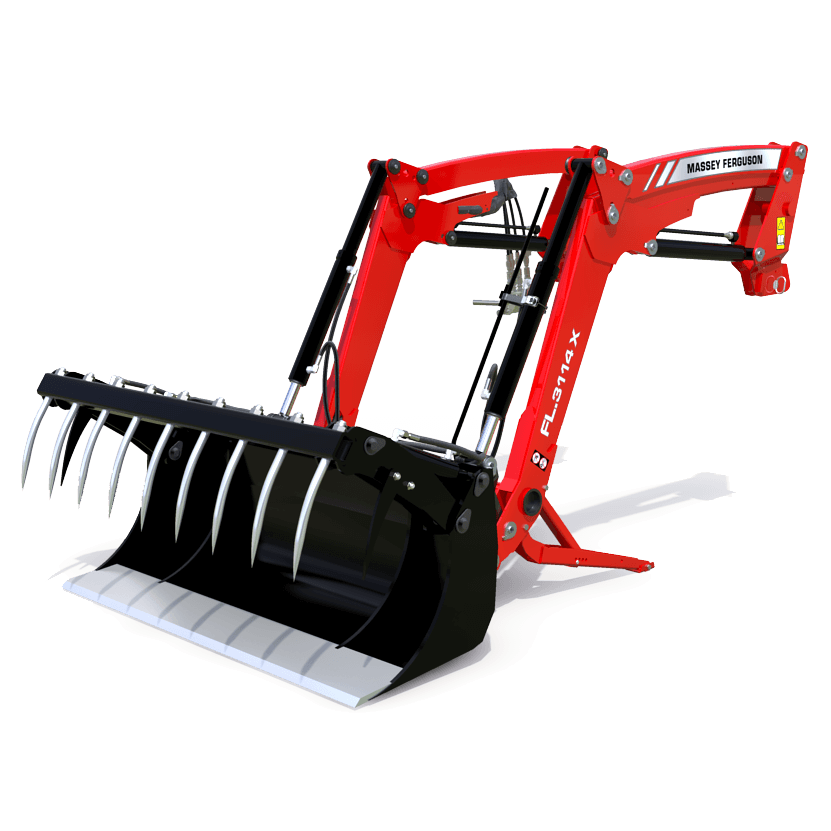

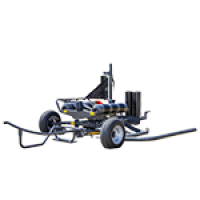
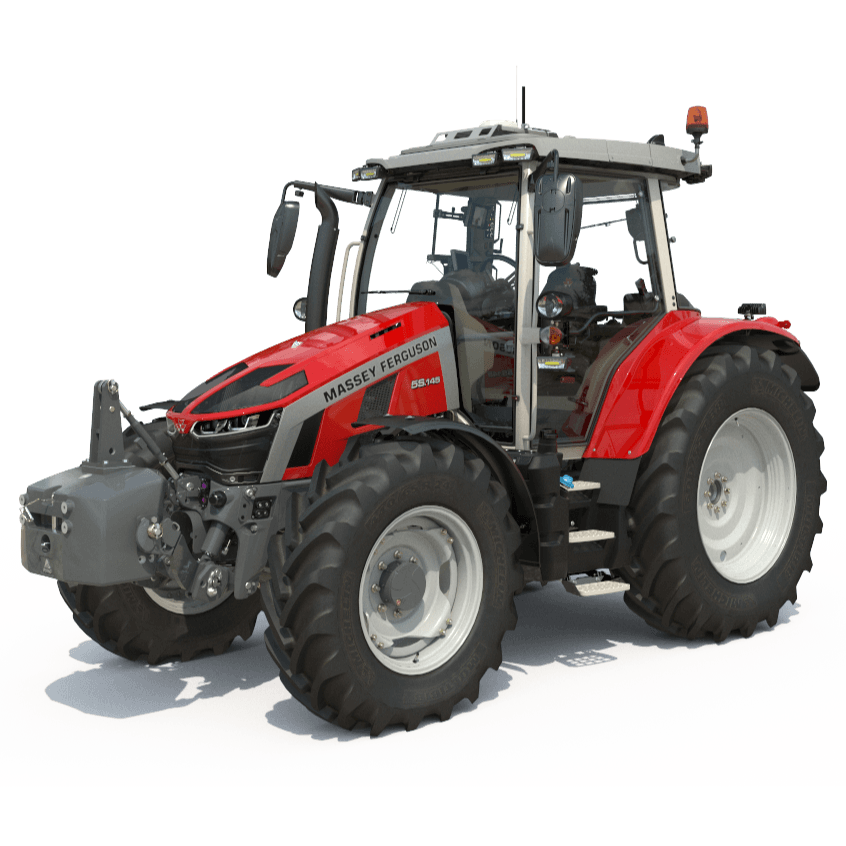
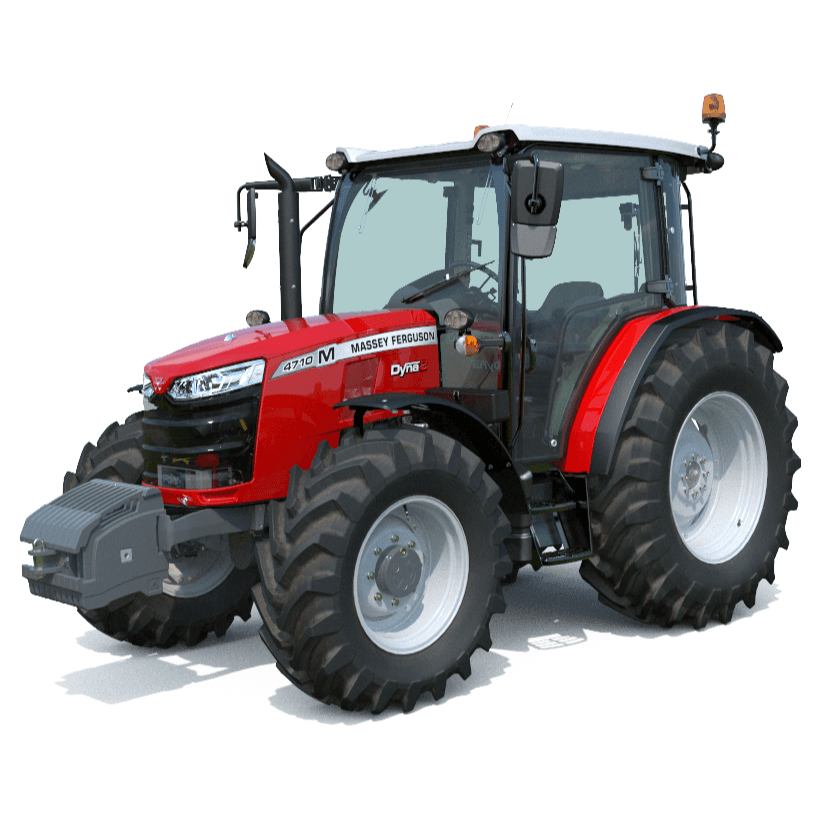




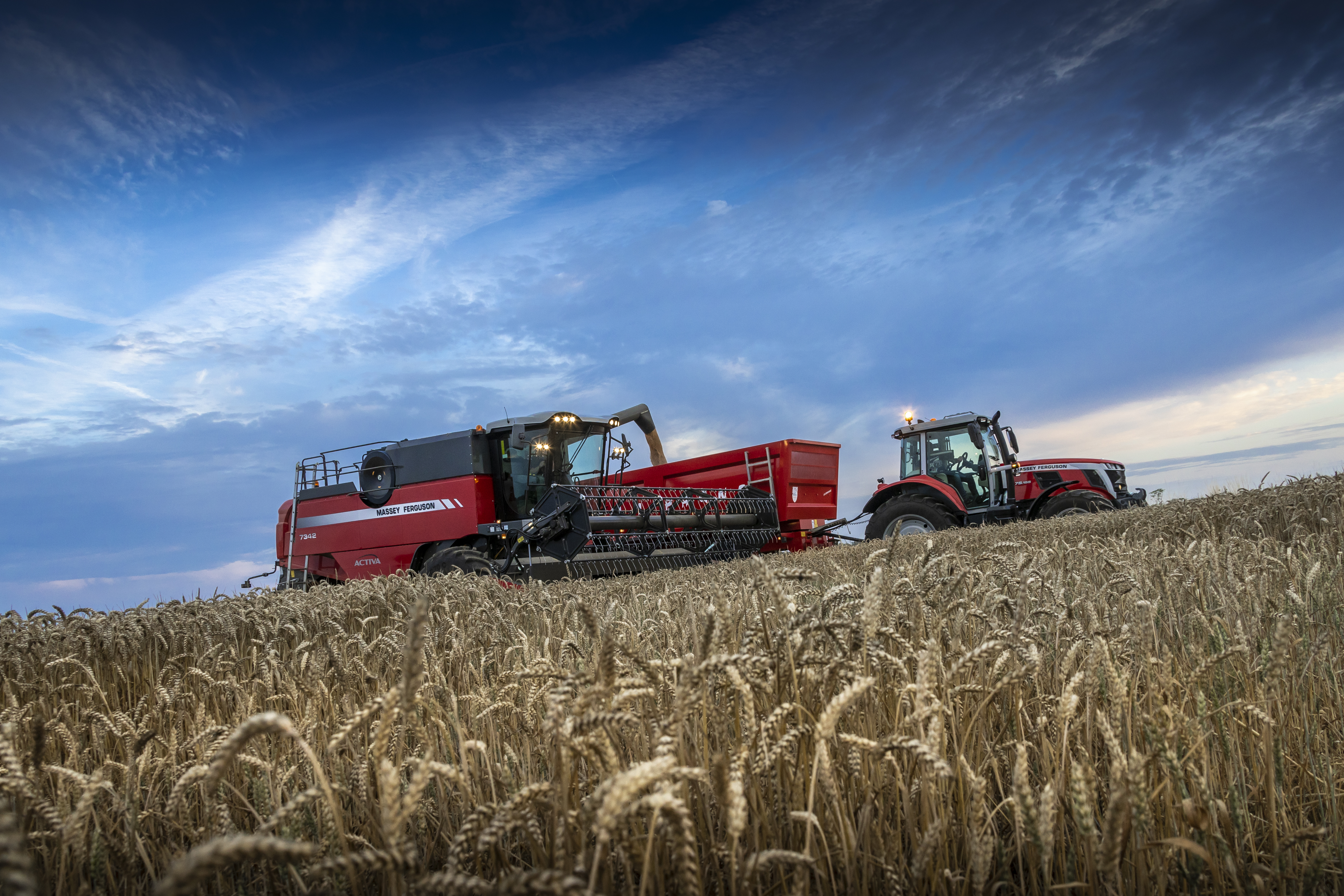
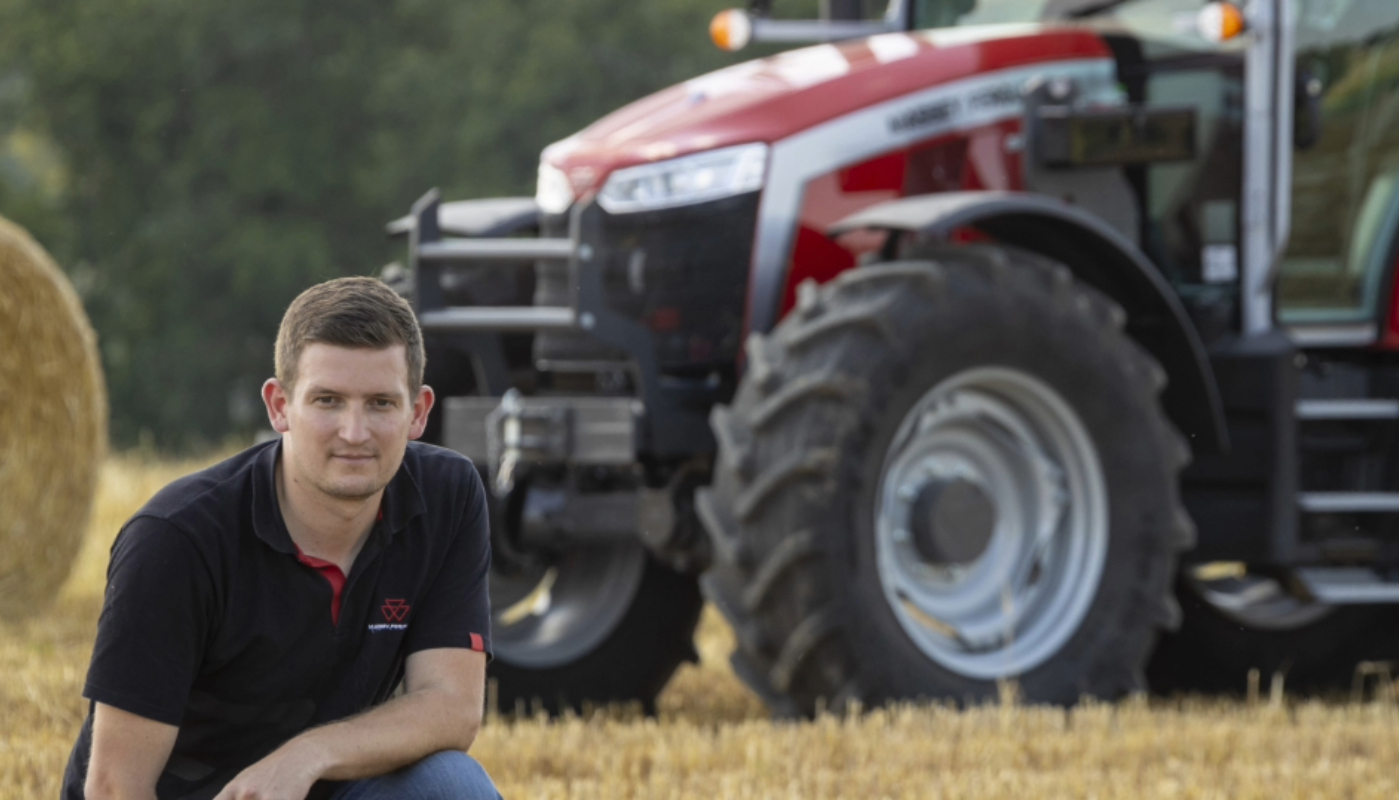

Share